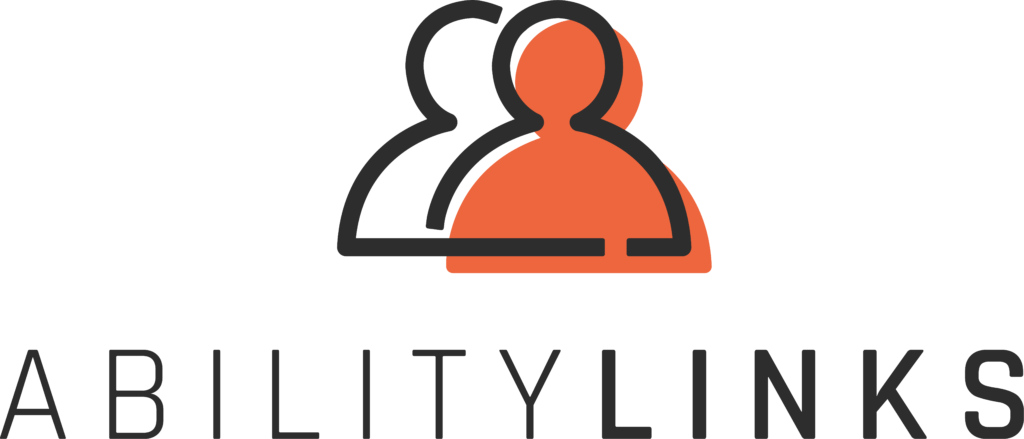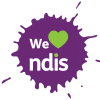
The National Disability Insurance Scheme (NDIS) is a crucial lifeline for individuals with disabilities across Australia. However, with its intricate nature, it’s understandable that participants and their loved ones might have some queries about the procedure, funding, and services. At Ability Links, we’re your trusted companion, guiding you through the NDIS maze to make the most out of your plan. In this easy-to-understand blog post, we’re tackling common questions we’ve received from our community.
Does the NDIS cover gym memberships?
The NDIS generally does not usually fund gym memberships. However, in certain circumstances where it’s deemed reasonable and necessary for the participant, gym memberships could be funded, though likely this may mean a trip to the AAT to outline why it isnt an everyday cost. The decision hinges on the unique situation of the participant and whether it resonates with their goals and support needs. The need for the gym use must be specifically related to the person’s disability, and likely related to a specific piece of equipment and or use of facilities that are attributed to a cost they wouldn’t have incurred if they didn’t have a disability.
Cases where the AAT said yes:
What method of payment can be used to pay in advance for memberships and Subscriptions?
Subscription services
In some cases, a provider may claim for a service agreed with a participant using a subscription model of payment. In these cases, the participant is paying to be able to use that service (on the terms/hours agreed) for the period of the subscription. Subscriptions may only be used for the supply of the following supports: Consumables (Support Category 03) and AssistiveTechnology (Support Category 05).
Providers wanting to claim for a subscription based service must make sure that:
- A plain English service agreement has been accepted by the participant, that makes clear to the participant the service and its costs (including any extra fees), as well as reasonable exit conditions
- The maximum price limit for a subscription is $5,000 per annum.
- Subscriptions are to be charged monthly (paid at or before the start of the service period). Small subscriptions, where the annual cost is not more than $1,500, may be charged less frequently (quarterly or annually). For example if a subscription service cost $199 per year, it
could be charged for just once per year. - There are no penalties (for example exit fees) should a participant wish to cancel a subscription (with reasonable one month’s notice) on or prior to the end of the paid subscription period.
- Invoices for the subscription to be paid, clearly describe the supports for the participant to be delivered/available during the subscription period. For monthly subscriptions, participant’s may agree in writing to be billed quarterly (in advance of the quarter), but must be refunded any unused months if they cancel the subscription with due notice (as stated above).
High value subscription claiming applies where the bundle of available Assistive Technology Products that a participant can access at any time is more than $15,000.
Under high value AT, all the conditions of the subscription services apply, with exception to the maximum price limit, which is set to $10,000 per annum
>See NDIS Pricing arrangements and limits for more>>
Are there services the NDIS won’t cover?
Yes, there are specific support types the NDIS does not fund. The NDIS won’t finance a support that:
- Is the obligation of another governmental system or community service.
- Does not pertain to a person’s disability.
- Involves everyday living costs unrelated to a participant’s support needs.
- Is likely to harm the participant or pose a risk to others. These limitations ensure the NDIS concentrates on offering essential and reasonable supports for individuals with disabilities, without overlapping or funding unsuitable services.
What do different NDIS budget types and plan management options mean?
NDIS budget categories include Core, Capacity Building, and Capital. Each category plays a distinct role in supporting participants:
Core: Assists participants in carrying out day-to-day activities.
Capacity Building: Concentrates on empowering participants to develop their independence and skills.
Capital: Provides for investments like assistive technologies, equipment, home or vehicle adjustments, and Specialist Disability Accommodation (SDA). You can claim NDIS funding in several ways:
Agency-managed: The NDIS oversees the funding for the participant’s supports.
Plan-managed: A registered plan manager takes care of the funding for the participant’s supports.
Self-managed: The participant or nominee takes charge of their funding and support arrangements.
>More info at Ways to manage your funding>>
Deciphering the NDIS may seem daunting, but armed with the right information and support, you can effectively utilise your plan. At Ability Links, we’re dedicated to guiding you through the NDIS and helping you reach your goals. If you still have questions or need support, our team is just a call away.


